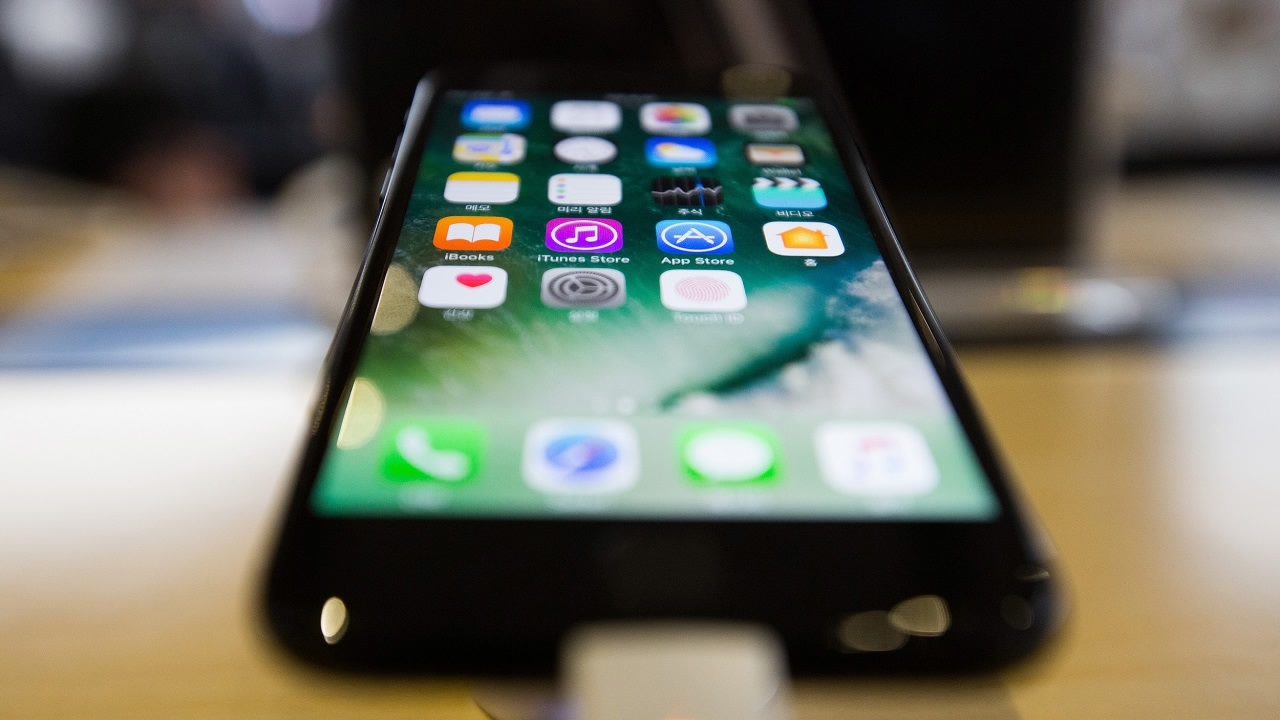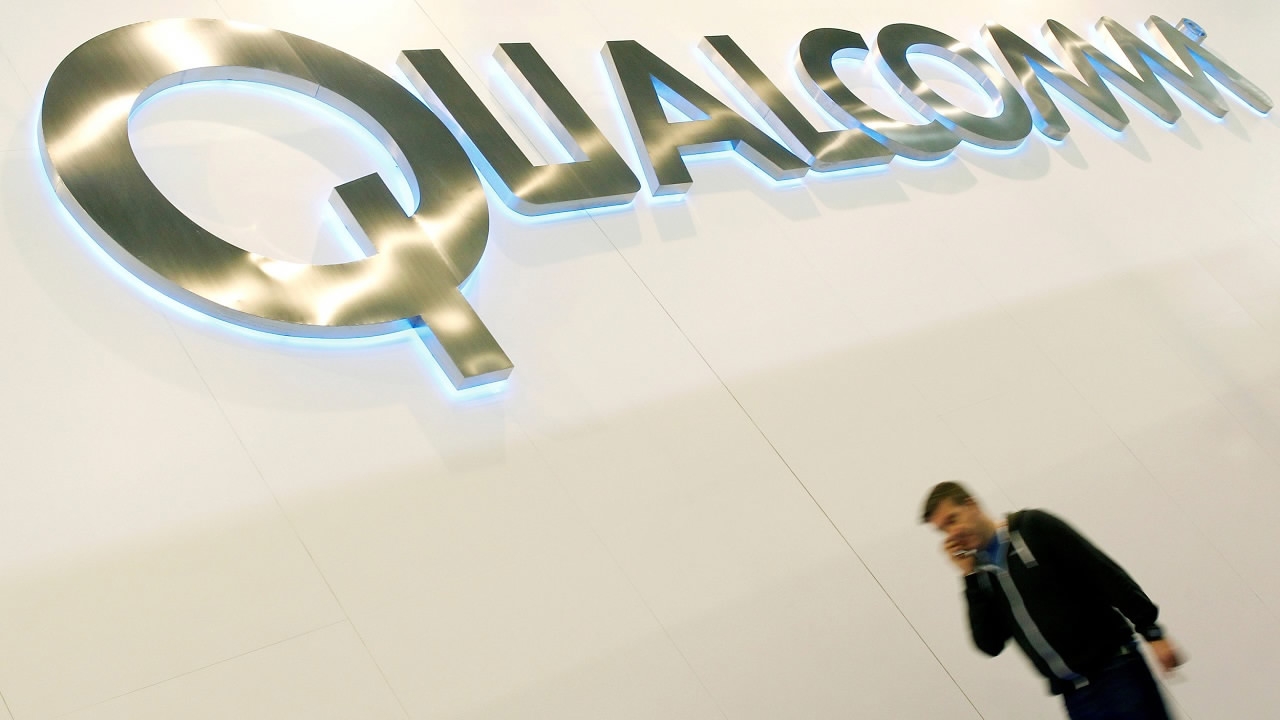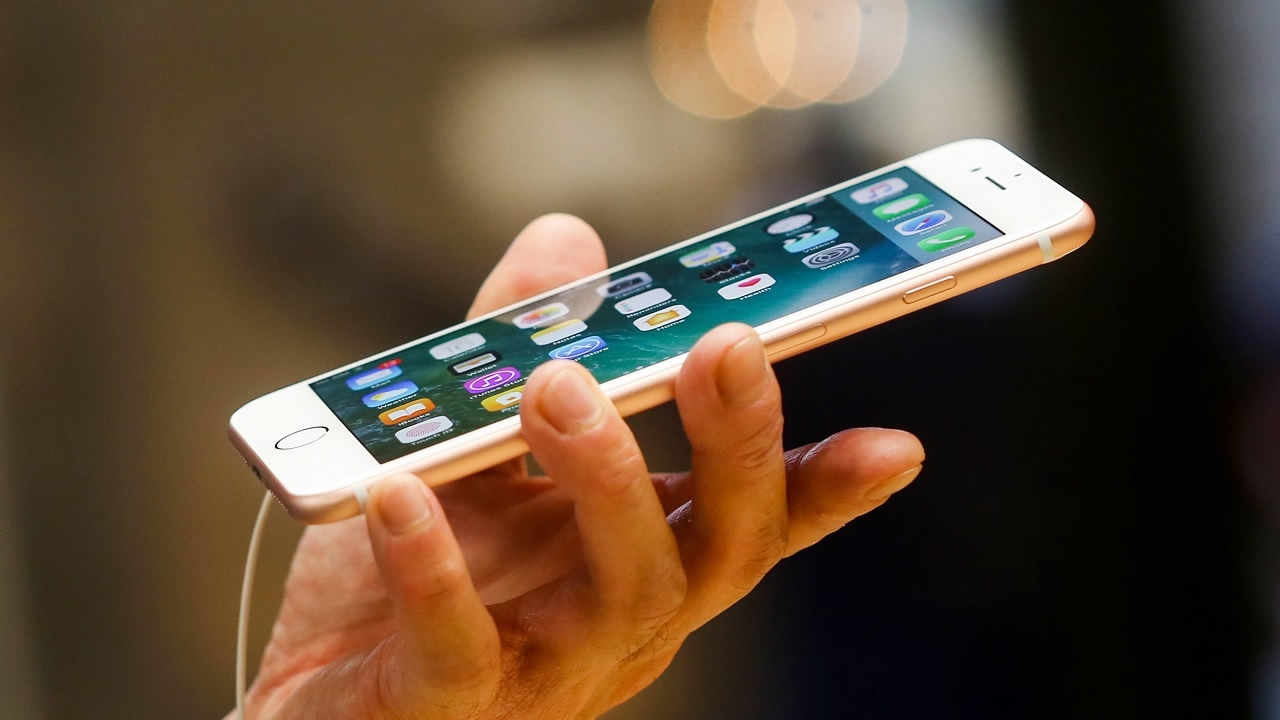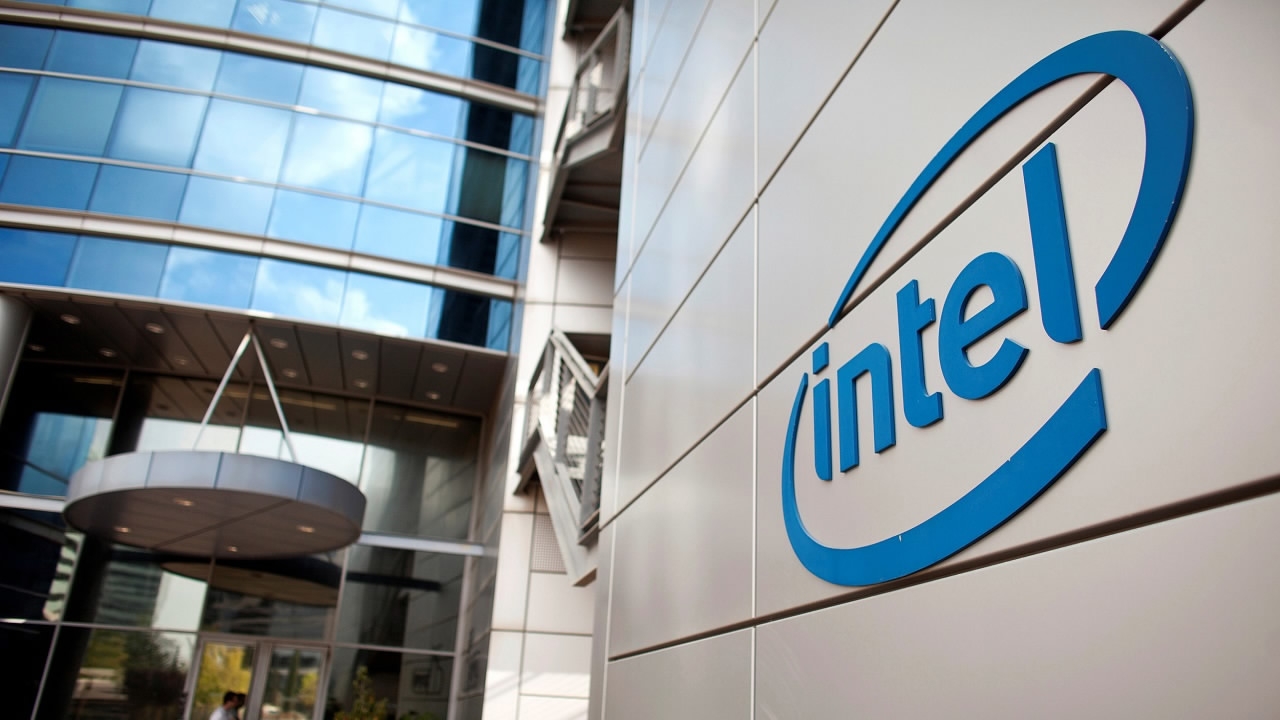
Tech & Sci
23:09, 10-Jul-2017
Your iPhone 8 might be delayed due to the Apple-Qualcomm battle

The legal battle between tech giants Qualcomm and Apple could result in the delay of the iPhone 8, as the San Diego-based chipmaker has asked US trade regulators to ban the import and sale of Apple models that don't use Qualcomm chips in the country.
The patent infringement claim from Qualcomm has raised concerns about a potential ban on Apple's next iPhone, which is scheduled to be released later this year.
However, even if Qualcomm ultimately wins, it is unlikely the next iPhone will be affected since the courtroom battle between the duo is expected to be lengthy.

Qualcomm asks for a ban on import and sale of certain iPhones in the US. /VCG Photo
Qualcomm asks for a ban on import and sale of certain iPhones in the US. /VCG Photo
Stacy Rasgon, an analyst with Bernstein, told Reuters that it normally takes 16 months for United States International Trade Commission (ITC) cases to conclude, and the case was unlikely to affect Apple's 10th anniversary iPhone launch expected this fall. "I doubt this puts a lot of immediate pressure on Apple," Rasgon added.
Qualcomm's general counsel also claimed to the media that an answer from the ITC is unlikely for 18 months.

Apple reportedly plans to use Qualcomm chips in the next iPhone. /VCG Photo
Apple reportedly plans to use Qualcomm chips in the next iPhone. /VCG Photo
Apple reportedly plans to use Qualcomm chips in the next iPhone, but if the legal war continues, Apple might go back to one chip provider, Intel, causing issues with lack of supply. This would mean consumers waiting longer for the new model of iPhone, according to CNET's analysis.
Besides a potential delay, there is another concern regarding the new iPhone. Qualcomm chips have a big selling point on Intel, speed. Its modem is the only one that can provide one gigabit downloads.

Analysts indicate that it is hard for Intel to compete will Qualcomm in terms of speed. /VCG Photo
Analysts indicate that it is hard for Intel to compete will Qualcomm in terms of speed. /VCG Photo
Qualcomm claimed that Apple limited its modem to make it the same, slower speed as the technology from Intel. Theoretically, an iPhone could download data at up to 600 megabits per second with Qualcomm's chip, but it can only download at 450 megabits per second with the Intel chip, CNET reports.
Analysts indicated that it is hard for Intel to compete will Qualcomm in terms of speed, potentially resulting in other smartphones equipped with Qualcomm's chips, such as Samsung Galaxy S8, performing faster than the future iPhones.
Related article:

SITEMAP
Copyright © 2018 CGTN. Beijing ICP prepared NO.16065310-3
Copyright © 2018 CGTN. Beijing ICP prepared NO.16065310-3